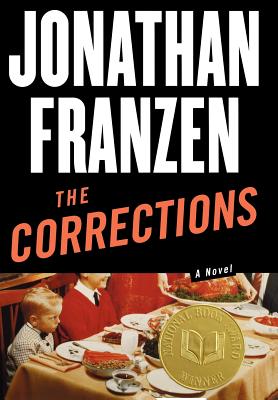The child as writing aid
by Celeste Ng
I used to say that in order to get any writing done, I should hire someone to stand behind me with a stick and hit me on the head anytime I wasn’t working. I imagined someone along the lines of The Rock, or at least Queen Latifah, who embodied just such a character (more or less) in Stranger Than Fiction—a sweet movie despite its amazingly unrealistic portrayal of the writing life. “Motivator” might have been a good job title. Well, now I have a Motivator, but he doesn’t look anything like I expected. Trying to write while taking care of […]






























